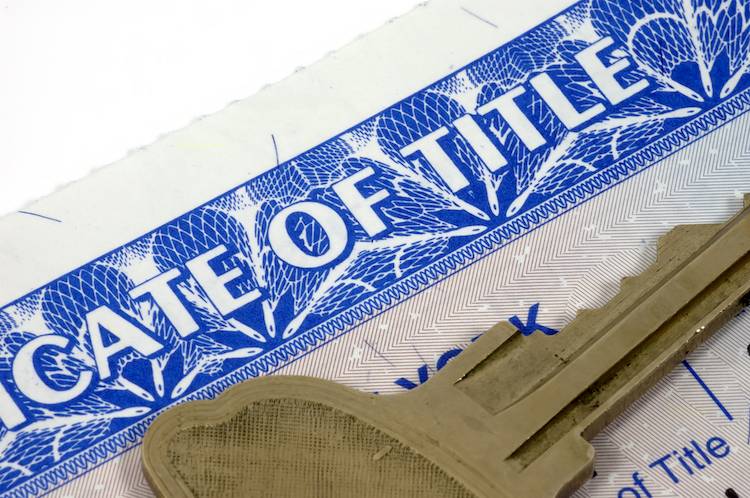

In the state of North Carolina, vehicle ownership is shown by the name on the car’s title. When ownership changes, the title needs to be transferred from the previous owner to the new owner. This happens when a vehicle is bought or sold, but also when it is given as a gift, and when it is part of an inheritance. There are several things that you’ll need to know about how to transfer a car title in North Carolina.
If you’re selling the car
For sellers, there are several steps that must be completed correctly in order to ensure that the title can be put into the buyer’s name. While the buyer is responsible for paying the title transfer fee and taking the documentation to the DMV, it begins with you.
Complete the back of the title and make sure that both you and the buyer sign it. It must also be notarized.
Provide the buyer with a lien release.
Make sure that you complete an Odometer Disclosure Statement for cars under 10 years of age.
Make sure you provide the buyer with an Eligible Risk Statement for Registration and Certificate of Title.
Make sure you complete the Damage Disclosure Statement.
Common Mistakes
Not providing a lien release
Not having the title notarized
If you’re buying the car
Like sellers, buyers have to complete specific steps in the title transfer process. You’ll need to:
Sign the title with the seller and make sure to have it notarized.
Get a lien release from the seller.
Make sure that the seller provides you with an Eligible Risk Statement for Registration and Certificate of Title, a Damage Disclosure Statement and an Odometer Disclosure Statement.
Complete the Title Application.
Get insurance on the car and provide proof.
Make sure you have valid ID.
Take all of this information, as well as the $52 for the title transfer to the DMV. You’ll also need to pay a 3% highway use tax and registration fees ($36).
Common Mistakes
Not getting a lien release
Not notarizing and signing the title
What to know about gifting and inheriting a car
In the state of North Carolina, gifting a car requires following the same procedure as above. However, if you’re giving the car to a qualifying family member (spouse, parents, step-parents, children or step-children), the Highway Use Tax Exemption Certification form needs to be completed so they don't have to pay the 3% tax.
Inheriting a vehicle in North Carolina is a little more complicated than gifting or buying one outright.
If the will is probated and the car is coming from a spouse, you will need a copy of the will and a court certificate or a letter of administration.
If the estate is not probated, or there is no will, you need to provide a completed affidavit to the DMV. This should include information about your relationship to the deceased, a statement that there is no will, the name and date of death, information about other heirs, and personal information about the new owner.
For more information about how to transfer a car title in North Carolina, visit the state’s DMV website.



